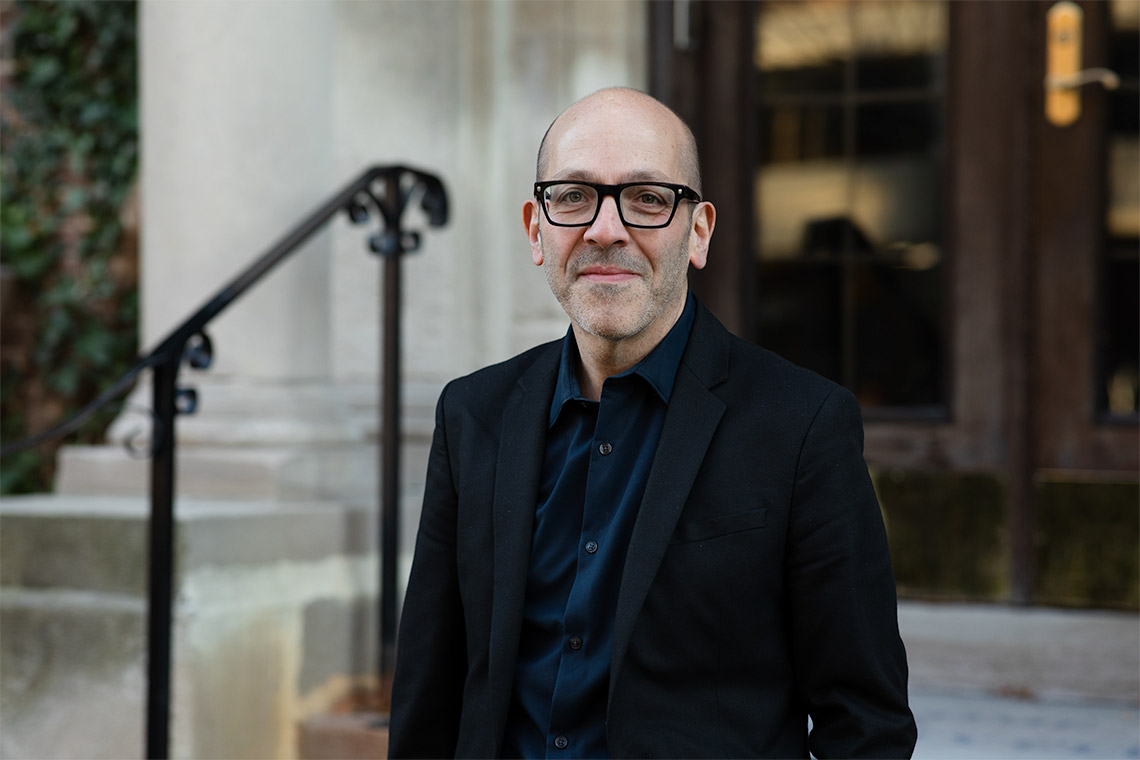
‘An exchange of knowledge where everyone has something to offer’: U of T celebrates great teaching
At the University of Toronto, great teachers aren’t merely experts in their field. They’re skilled in imparting their knowledge to new generations of scholars and researchers – a process, they say, that often begins with learning about their students.
Associate Professor Maria Assif says she prioritizes what’s been dubbed “’relationship-rich relationship-rich classrooms,’ in which students and faculty build personal connections, student-student interactions foster educationally meaningful relationships and the magic of one classroom extends to other classrooms and communities.”
Assif was among the top teachers – including recipients of the President’s Teaching Award, the OCUFA Teaching Award, the University of Toronto Teaching Fellowship, the Global Educator Award, the 3M Teaching Fellowship, and the Early Career Teaching Award – celebrated recently at the Excellence in Teaching reception hosted by Vice-President and Provost Cheryl Regehr.
“COVID-19 forced us to look at pedagogy in new ways – to adjust our sense of what is possible, to reconsider how we teach, and to think more deeply about how our students learn,” Regehr said. “One could say that it made us all be more like the award-winners that I am so pleased to be celebrating.”
U of T News spoke with several of the award winners about their approach to teaching, how the pandemic affected the way they work in the classroom and their advice for other educators.
Ron Levi
Professor, department of sociology and Munk School of Global Affairs & Public Policy, Faculty of Arts & Science
Global Educator Award
“I see my role in the classroom as offering an arc for the course, while encouraging a sense of curiosity from students week to week. That also means leaving just enough on the table for students to be thinking of the next question the following week. I also try to encourage curiosity by providing students with multiple perspectives on the content that we cover, ranging from empirical research to legal cases and journalistic accounts.
Outside the classroom, I have also tried to support this same kind of curiosity by helping to build new programs. This includes new undergraduate study opportunities for problem-solving and experiential learning, and international partnerships for graduate study with institutions elsewhere. The thread running through these, for me, is a focus on giving students the opportunity to learn from several perspectives throughout their time here. To me, that sense of curiosity is what helps to foster an engaged citizenship with the world around us.
If I think about advice I give to myself, my feeling is that it comes down to trying to take the course myself as I teach it each time. Overall, it is about allowing the course material to offer us some surprise and insight and communicating that in the classroom. Those moments in the course might be less tightly packaged, but I hope students see that we are working through the material together.”


